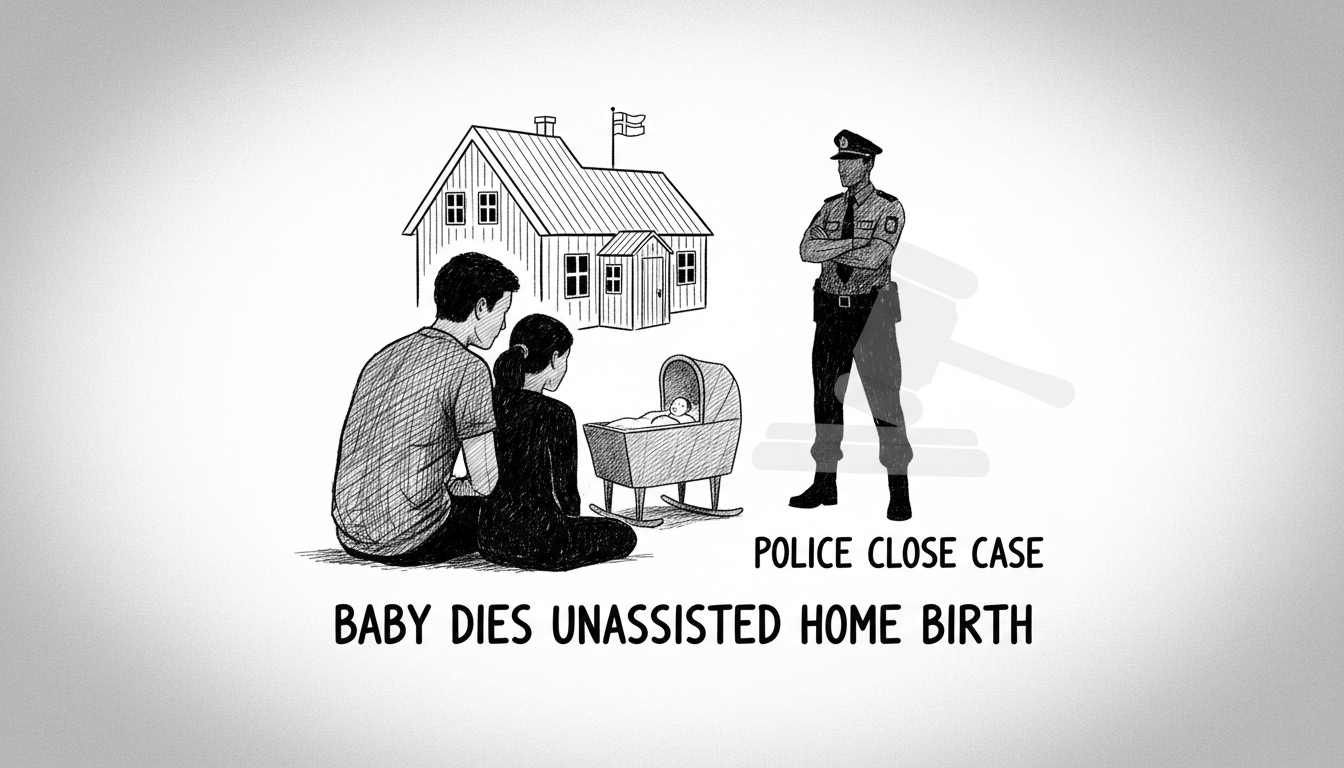A tragic home birth in Eastern Norway has concluded with police closing their investigation. The infant died following a delivery without medical professionals present. Multiple ambulance crews responded to the emergency call earlier this year.
Police in Oslo launched an investigation immediately after the incident. They received the final autopsy report in March. Authorities then determined no grounds existed to continue the criminal investigation.
In November, prosecutors formally closed the case. The state attorney concluded the circumstances did not constitute a criminal offense. A police attorney confirmed the case closure, stating the matter lacked prosecutable elements under Norwegian law.
Norwegian home birth regulations require careful consideration. The country's healthcare system generally recommends hospital deliveries for safety reasons. Unassisted home births remain rare in Norway, where comprehensive maternity care is widely accessible.
This case highlights the complex legal landscape surrounding birth choices. Norwegian law balances parental autonomy with child protection concerns. When tragic outcomes occur, authorities must determine whether criminal negligence played a role.
The police investigation followed standard procedures for infant deaths. Forensic experts conducted a thorough autopsy. Investigators reviewed all available evidence before reaching their conclusion.
Norway's healthcare system provides extensive support for expectant mothers. Free prenatal care and hospital delivery are standard offerings. Some families still choose home births for personal or cultural reasons.
This incident raises questions about birth safety protocols. How common are unassisted home births in Norway? What support systems exist for families considering this option? These questions remain relevant for healthcare policymakers.
The case closure brings legal resolution but little comfort to the grieving family. Infant mortality during childbirth remains exceptionally rare in Norway. The country typically boasts one of the world's lowest infant mortality rates.
Norwegian social services often provide follow-up support after such tragedies. Grief counseling and family assistance programs help affected families navigate their loss. The healthcare system also reviews procedures to prevent future similar incidents.
This outcome demonstrates Norway's careful approach to sensitive medical cases. Authorities balance legal requirements with compassion for grieving families. The decision reflects thorough investigation rather than rushed judgment.

